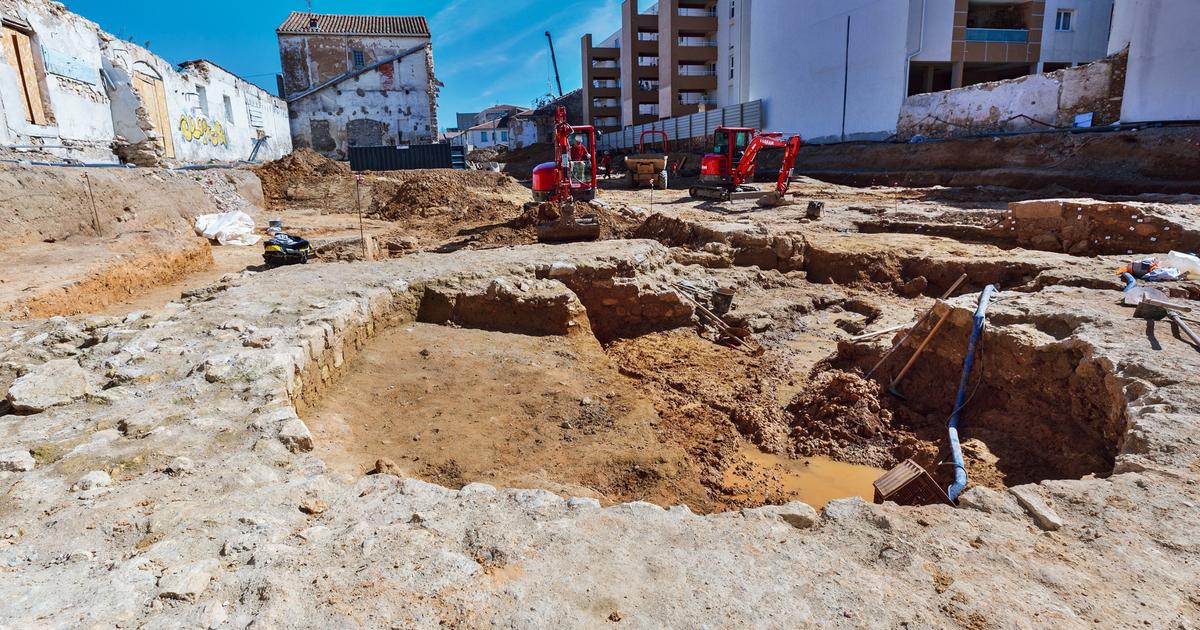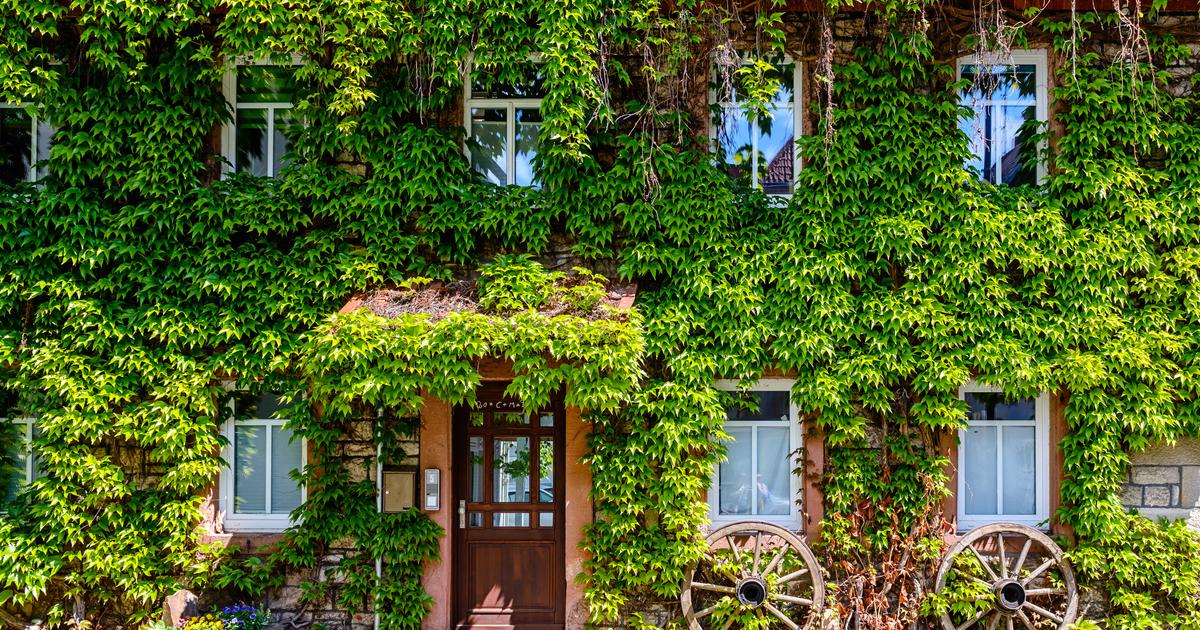In the last municipal elections, an interesting process took place in the mixed cities. In all of them, Arab representatives were elected to the city council, candidates who ran for independence or represented a national party, and all without exception joined the coalition and announced support for the elected authorities. Five of these seven heads of government are identified with the right as Likud members or Israel our home.
Despite ideological distances and political polarization, residents' interests at the municipal level can be the same, and public figures from Hadash, and even from the Balad or the Islamic Movement, are able to work effectively with representatives of the Likud or the Jewish House in many areas. In every mixed city, close cooperation between Jews and Arabs can be found at all levels of management and activity, although the joint or bilingual educational institutions are still very rare.
Although the government initiated a special economic program in the Arab sector at a cost of billions (Plan 922), there is no dedicated reference for development among Arab citizens in the mixed cities. This week there was a conference of the "Joint Cities" initiative in Acre, initiated by the Abraham Fund, and the participation of the authorities in the mixed cities, which presented positions and very interesting data of the residents of the mixed cities, Jews and Arabs.
"Common Cities" is an enterprise that seeks to develop a concept for managing existing and emerging mixed cities, and promoting them into truly common cities, both in definition and in practice. Dr. Hisham Jubran's research on the cities of Haifa, Acre, Lod, Ramla, Jaffa, the Galilee landscape and Maalot Tarshiha shows that there is an appreciation between Jews and Arabs in mixed cities and even satisfaction with neighborly relations. 81 percent of the Jews described the relationship with The Arabs are good, and 89 percent of the Arabs described their relationship with the Jews, 79 percent of the Arabs and 61 percent of the Jews said they had ties to members of the second sector, indicating that most of the residents of the mixed cities meet and interact with the other nationals. Living, in the workplace or in recreation. 61 percent of Jews agreed with the statement "I allow my children to play with Arab children, "and 86 percent of Arabs responded so to Jewish children. From these figures, an encouraging picture emerges of Jewish and Arab relations in the mixed cities, though with regard to the willingness to maintain joint educational frameworks - the road goes a long way.
Coalitions and collaborations in local authorities can serve as a counter-image to what is happening in the Knesset and national politics, saturated by polarization, alienation and incitement. The mixed cities are a very important meeting point for preventing rift expansion and building social ties, especially in light of the fact that Arabs move into mixed cities, especially young and middle-class couples, because of their desire to improve the quality of life and move from a crowded village to a spacious city with better municipal services and with openings. The multicultural life she gives.
For more opinions of Jalal Bana





